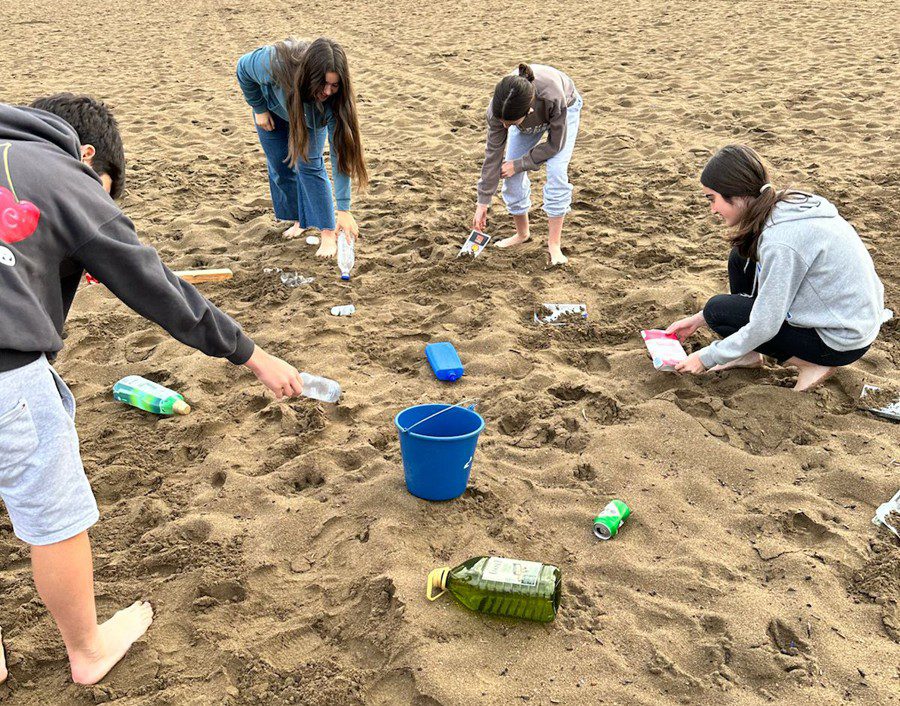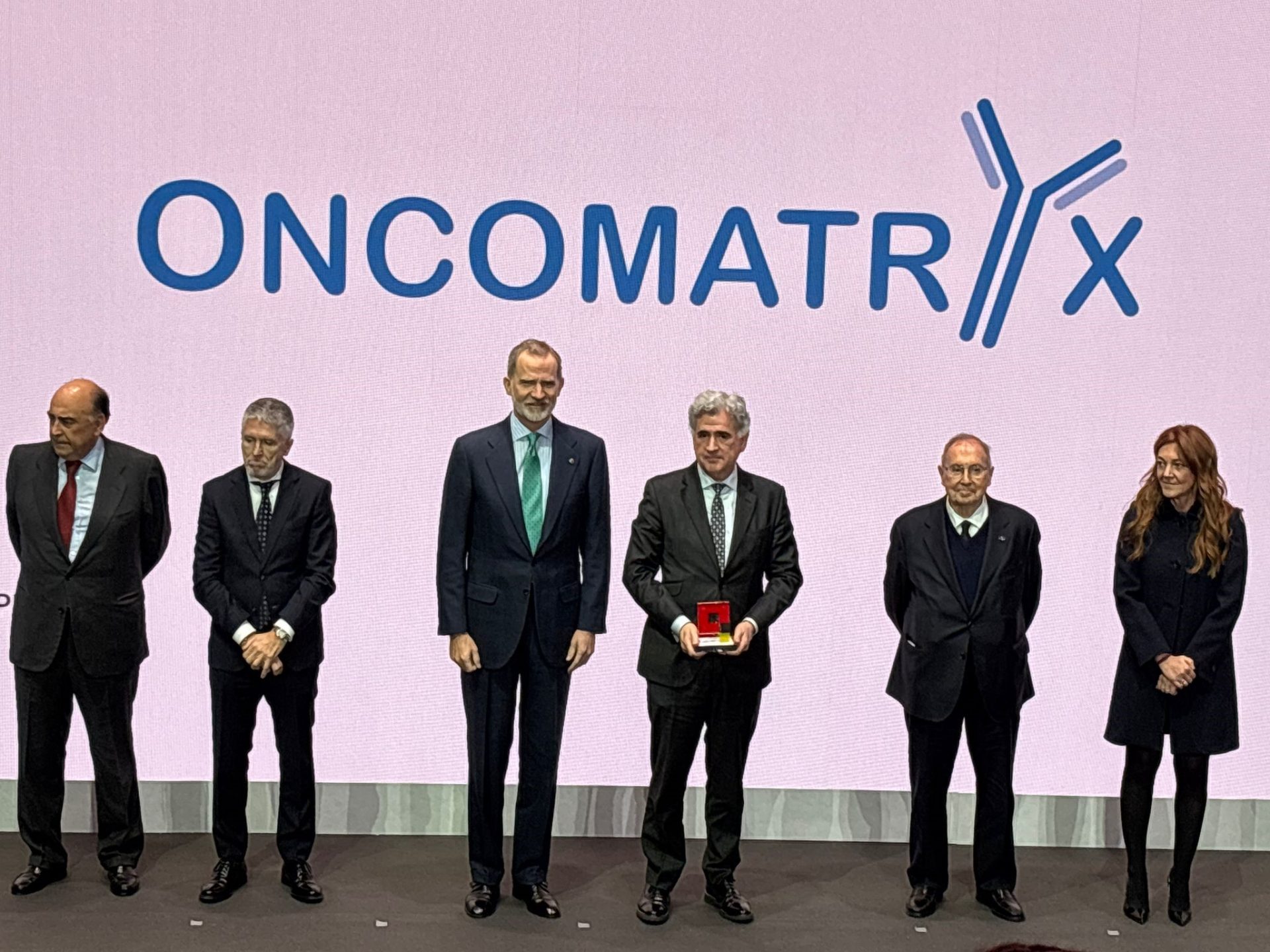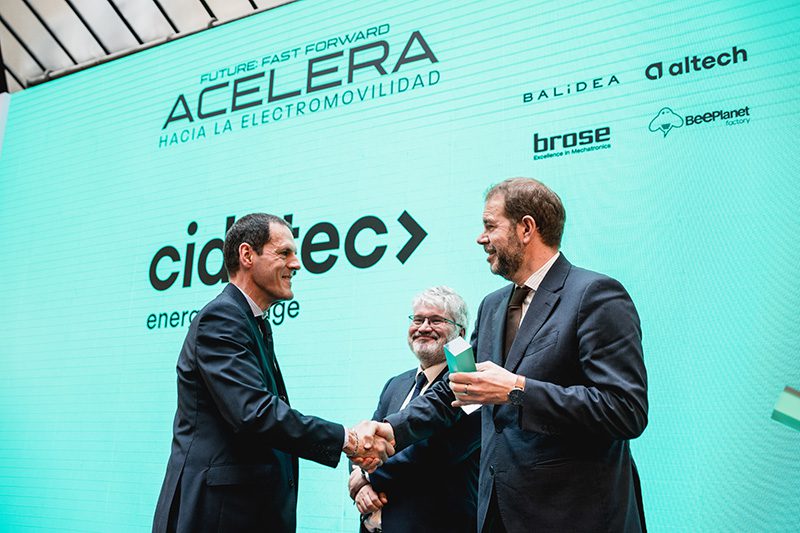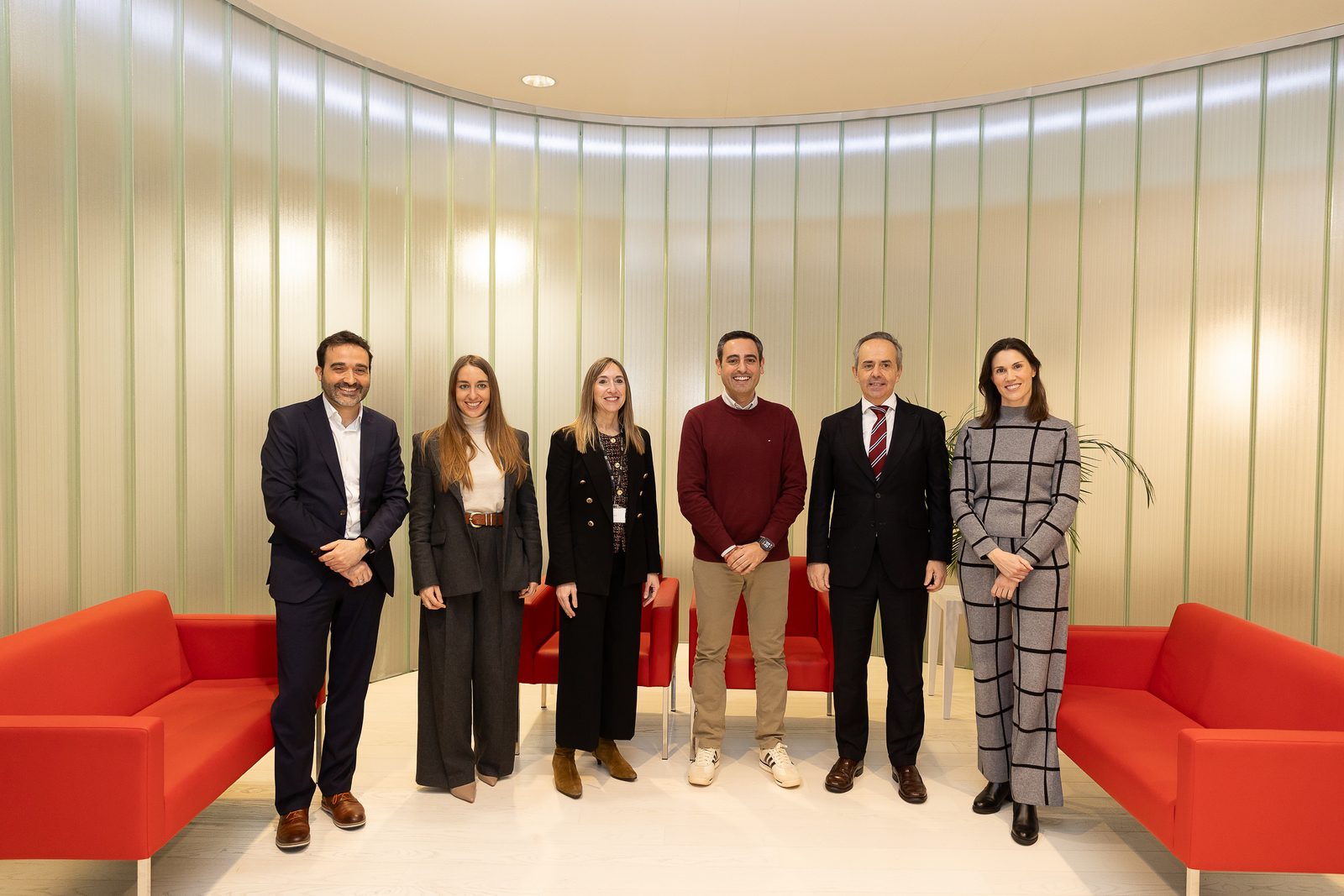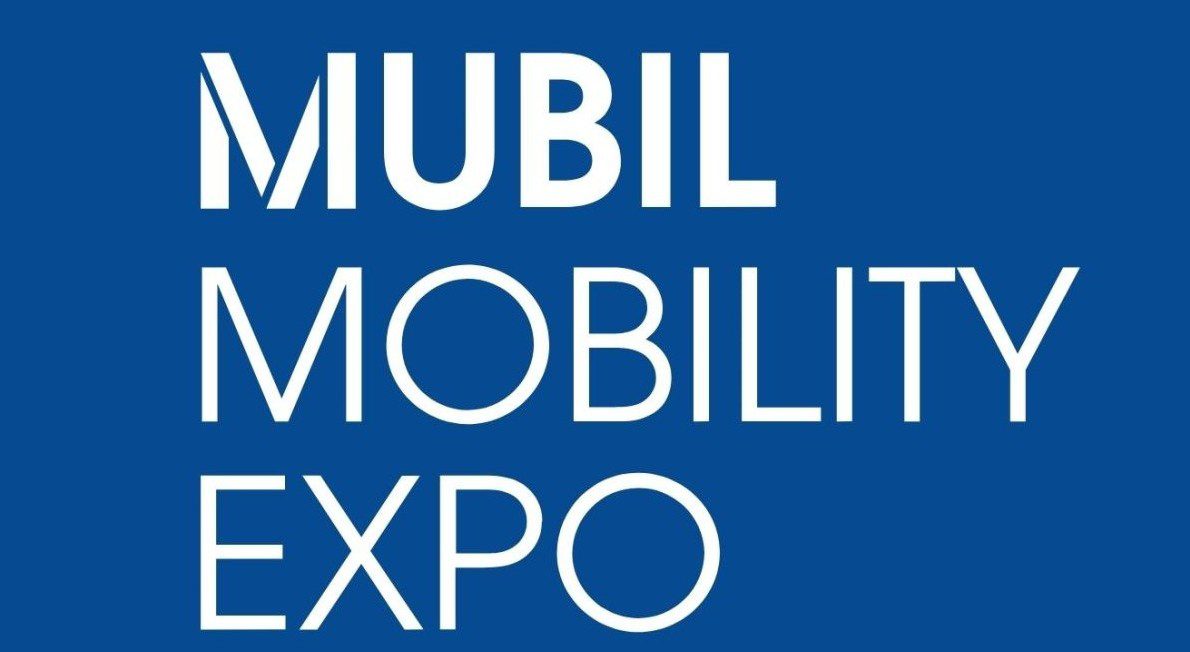The Mobility and Logistics Cluster is coordinating the Basque presence at the ITS Europe Congress
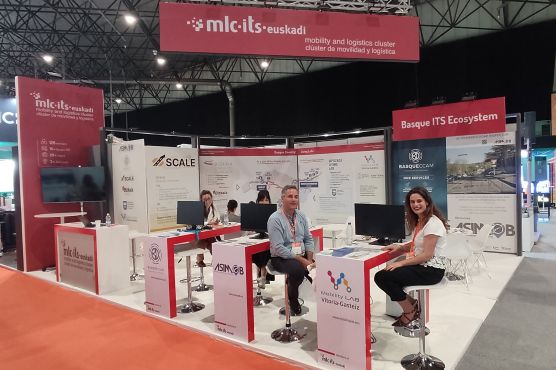
A delegation of Basque companies, promoted by the Mobility and Logistics Cluster of the Basque Country, has taken part in the ITS Europe Congress, a benchmark event in the intelligent transport systems sector.
The Basque Mobility and Logistics Cluster organised the joint participation of several Basque companies and organisations in the 16th ITS Europe Congress, held in Seville. From a shared stand, the aim was to present the capabilities of the mobility value chain of people and goods and of Basque companies as benchmarks in the industry that develops around ITS, Intelligent Transport Systems. In addition to the Cluster itself, its partners Asimob, Basque CCAM, the Provincial Councils of Bizkaia and Gipuzkoa, the Mobility Lab Foundation and the European Scale project were also exhibiting at the stand.
This Congress is the benchmark event for the public and private sectors in Europe, focusing on advances in the future of intelligent and sustainable transport. Within this framework, the Cluster’s objective was to represent the interests of all its members. Thus, during three days, meetings were held with delegations from different countries and regions, including Colombia, Norway and the United Kingdom; with the cities of Istanbul, Groningen and Helsinki; and with other international entities and associations in the sector such as ITxPT, EIT Urban Mobility and the International Federation of Pedestrians. The occasion was also used to organise an informal meeting with a large group of Basque attendees at the event – both associates and representatives of companies, organisations and institutions – to strengthen relations and opportunities for collaboration.
‘The opportunity for this benchmark meeting of the sector at European level to be held in Spain has been an unbeatable opportunity to position the capabilities of the Basque sector. The territory has market leaders and highly innovative companies, priority initiatives such as data spaces are being worked on, and the presence of the Cluster, accompanied by a representation of partners, has been an important step to increase the visibility of an industry that, in terms of the combined turnover of our partners, accounts for 15% of the GDP of the Basque Country’, said Fernando Zubillaga, manager of the Mobility and Logistics Cluster of the Basque Country.
At the joint stand, Asimob, with its autonomous road inspector, exhibited its solutions. Basque CCAM showed its services in connected, cooperative and autonomous mobility in terms of testing, validation and deployment, testing tools, physical and digital infrastructures, data management and processing and consultancy. The Mobility Lab Vitoria-Gasteiz Foundation presented itself as a pole of innovation in mobility and urban logistics and a testing platform. And the provincial councils of Bizkaia and Gipuzkoa presented their respective connected corridors, in total, more than 1,300 kms of infrastructures for technology testing. As for the Scale project, almost 70 partners are working on it to advance the deployment of cooperative C-ITS systems.
Over three days, the event brought together more than 3,500 attendees, including authorities, research institutions and professionals from both the public and private sectors. More than 400 experts took part in the conference programme, addressing topics ranging from AI-based traffic systems to connected and automated mobility or multimodal logistics. The exhibition area featured more than 150 organisations showcasing services, tools and technologies for the transformation of mobility.
